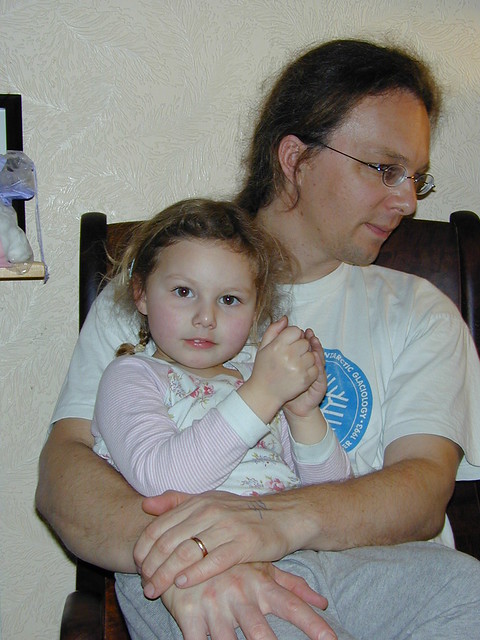 The Documents in the Case by Dorothy L. Sayers. Picked up in WS as a successor to Whose Body, since I seem to have exhausted the entirety of modern SciFi and Fantasy. As a story it is fine; not a classic but perfectly readable, told mostly via the medium of letters, hence the title. Wiki tells me the multiple narrative technique associated with Modernist novelists of the period which is likely true, and introduces doubt about who is telling the truth.
The Documents in the Case by Dorothy L. Sayers. Picked up in WS as a successor to Whose Body, since I seem to have exhausted the entirety of modern SciFi and Fantasy. As a story it is fine; not a classic but perfectly readable, told mostly via the medium of letters, hence the title. Wiki tells me the multiple narrative technique associated with Modernist novelists of the period which is likely true, and introduces doubt about who is telling the truth.Moving on to the spoilers, it is less a detective story than a crime story, in that the cast of villains is thin, the guilty party emerges naturally, and the plot moves onto exactly how the dark deed was done. By this point I'd guessed the Key Insight - chirality - though to be fair this is easier with modern A level chemistry than it would have been in 1930; apparently the very plot idea had been supplied to her. This alas is something of a weakness as, strangely enough, the idea doesn't fit naturally. The solution is introduced into the plot via an adventitious vicar who knows an implausible number of dons, and whose conversation drifts onto the subject. The idea then has to be hammered home to the reader who also can't be expected to be familiar with it, so it becomes laboured. When the congress of dons was convened at the vicar's I was so sure this was going to come out that I was skipping pages of vague philo-scientific waffle that were clearly just there as smokescreen to disguise the introduction of the concept; and sure it enough there it was. Further I somewhat doubt that our medico-chemical examiner would have negelected this trivial test. Further I strongly doubt that the guilty party could reasonably have been expected to know what concentration of muscarine is present in fungi, so would have had no idea what strength to make up the solution to; at the very least, it would have been plausible to ask as to the concentration, and this is never done - because, of course, our author knows the true answer.
Putting the poison into the broth is a bit dodgy sez oi, because any kind of cook, and Mr H was one, would certainly have tasted the broth before cooking with it.
The characters witter about various life-force ideas current in those days; the chemist they meet synthesising chemicals being charmingly naive about his chance of creating life; wiki tells me that DLS thought [The idea] touches the very key note of the mystery of the appearance of Life on this planet. There seems no escape from the conclusion that at some wonderful moment in the evolutionary process a Directive Force-From-Without entered upon the scene of Life itself. There is a bit too much of that in the novel for my tastes, but perhaps we can excuse it as 1930
No comments:
Post a Comment